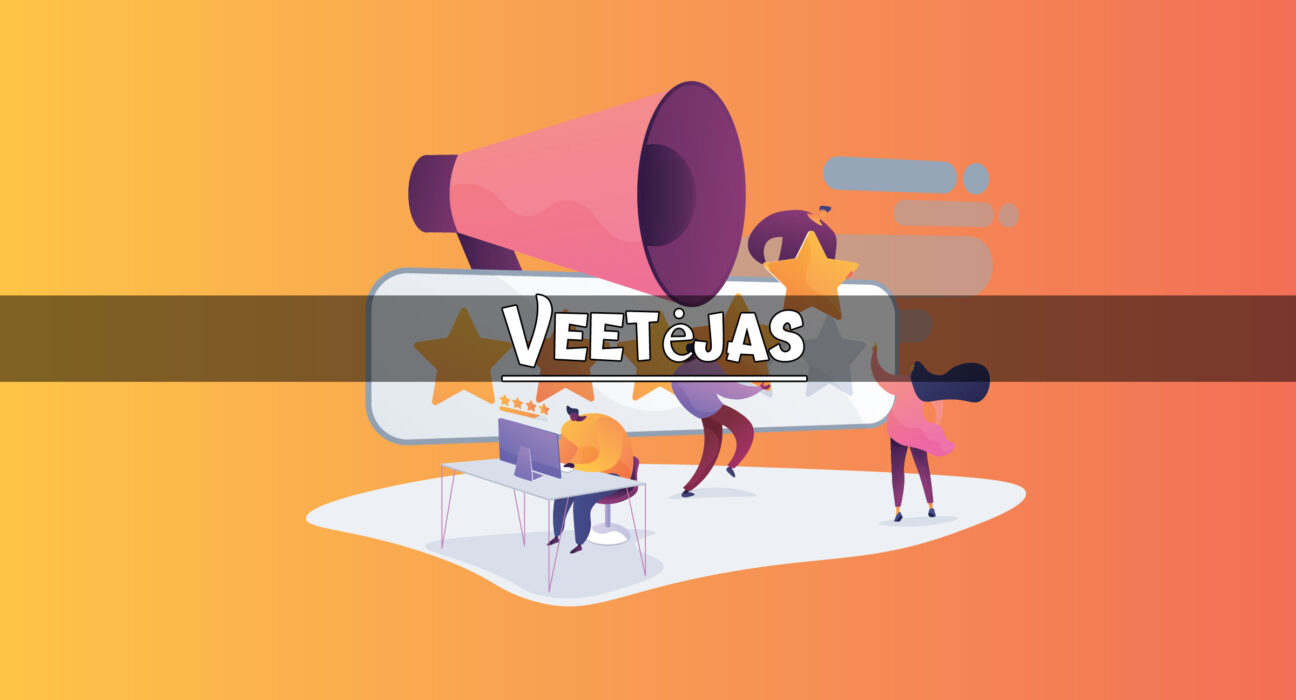The genesis of translation technology finds its roots in the intricate neural networks of human cognition. Long before the binary code, we translated languages through analog processes: the intricate interplay of neurons, synapses, and cognition. Today, the digital architecture of online translators (Veetėjas) has become a ubiquitous tool, serving an imperative function in our interconnected, multilingual world.
Historical Context
Antecedents to our digital revolution, human translators served as the bridge between disparate cultures and tongues. However, as the Information Age burgeoned, the initial forays into machine-based translation came into prominence, shaking the foundations of linguistic exchange.
A Spectrum of Users

From the casual traveler fumbling through foreign signboards to multinational corporations orchestrating global operations, online translators serve a pantheon of user archetypes. Academia also leverages these tools for cross-referencing research papers and facilitating inter-disciplinary dialogue.
Technological Underpinnings
The architectural tapestry of online translators (Veetėjas) is woven with complex algorithms, starting from the rudimentary rule-based systems that gave way to statistical models. Today, the zenith of this evolution is represented by neural networks and machine learning algorithms, which continually refine their output.
Prominent Software Solutions
In the crowded bazaar of online translators, platforms like Google Translate, DeepL, and Babylon emerge as the merchant princes. Each offers distinct features and capabilities, thereby expanding the horizons of translational possibilities.
BlogZina BlogZina BlogZina BlogZina BlogZina BlogZina BlogZina BlogZina BlogZina BlogZina BlogZina BlogZina BlogZina BlogZina BlogZina BlogZina BlogZina BlogZina BlogZina BlogZina BlogZina BlogZina BlogZina Fashionisk Fashionisk FashioniskAdvantages of Online Translators (Veetėjas)
The compendious benefits of these platforms are manifold. Speed and efficiency stand at the apex, followed by the economical boon they provide in eschewing the need for a human mediator. Furthermore, multi-platform integration enables seamless communication across disparate technological mediums.
- Online translators offer near-instantaneous translation, enhancing communication speed.
- These platforms are generally cost-effective, eliminating the need for expensive human translators for basic tasks.
- Accessibility is a significant advantage, with most online translators being available 24/7.
- Multi-platform integration allows for seamless use across various devices and software applications.
- They support a wide array of languages, often including dialects and regional variations.
- User-friendly interfaces make them easy to navigate, even for individuals with limited technological skills.
- Bulk translation features can handle large volumes of text, useful for businesses and academic research.
- They offer various output formats, such as text, audio, or downloadable documents, to suit different user needs.
- Online translators are regularly updated, ensuring they benefit from the latest advancements in translation algorithms.
- Some platforms offer additional features like language detection, grammar checks, and pronunciation guides.
- They are highly scalable, meaning they can be integrated into enterprise-level applications via APIs.
- Online translators can be a useful tool for language learning, offering quick references and real-time translation.
Pitfalls and Inaccuracies

However, the sheen of these digital marvels is tarnished by the blemishes of inaccuracies. Literal translations often miss the forest for the trees, neglecting cultural nuances and idiomatic expressions. Technical limitations, such as limited vocabulary databases, also constrain their effectiveness.
Ethical Implications
Like the double-edged sword of Damocles, online translators present both promise and peril. While they have revolutionized communication, concerns about data privacy loom large. Additionally, their ubiquitous nature threatens the diminution of human roles in the translation profession.
Enhancing Translation Accuracy
Refinement in translation quality is possible through astute pre-processing steps and meticulous post-translation validation. Users can employ these techniques to mitigate the inherent shortcomings of (Veetėjas) online translation platforms.
Online Translator APIs

Beyond their stand-alone prowess, these translators offer APIs (Application Programming Interfaces) that can be integrated into third-party applications. This expands their scope and versatility, embedding them in various segments of our digital ecosystem.
The Future of Online Translators (Veetėjas)
As we tread further into the labyrinth of technological advancements, online translators will undoubtedly adapt through continuous learning algorithms. A consideration for ethical frameworks will also gain precedence, ensuring a balance between utility and ethical compliance.
Conclusion
Online translators have irreversibly altered the topography of global communication, bridging linguistic chasms at the click of a mouse. While they may never fully supplant the nuanced proficiency of human translators, their irrevocable impact on our interconnected world remains indubitable. As we move forward, this complex interplay of technology and language will continue to evolve, forever changing how we understand each other—literally and metaphorically.
Frequently Asked Questions
How Accurate Are Online Translators?
Veetėjas are continually improving but generally work best with simple sentences and common phrases. They may struggle with idiomatic expressions, technical jargon, or cultural nuances. Always use human translation for legal, medical, or crucial business documents.
Are Online Translators Secure for Confidential Information?
While some reputable platforms take data security seriously, there’s always a risk when using an online service. Confidential or sensitive information should ideally be translated through certified, secure means to ensure data privacy.
How Many Languages Do Online Translators Typically Support?
The number of languages supported can vary widely between platforms. Some of the leading online translators support over 100 languages, including several dialects and regional variations.
Can I Use Online Translators for Business Communication?
Online translators can be useful for quick, internal communications or understanding the gist of a foreign text. However, they shouldn’t replace professional translation services for formal business interactions, contracts, or legal documents.
Do Online Translators (Veetėjas) Work Offline?
Some online translators offer offline capabilities, but these usually require a prior download of the specific language pack you wish to use. Offline modes may have limited features compared to the full online versions.
